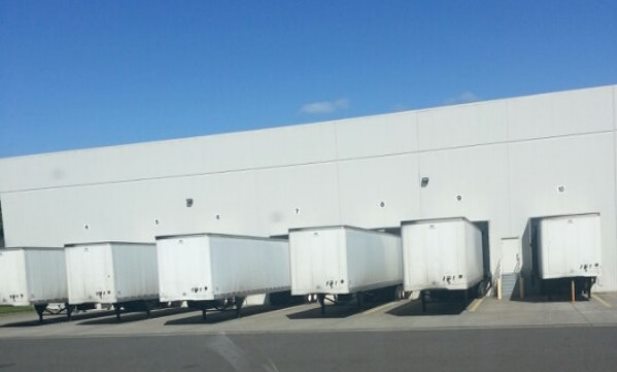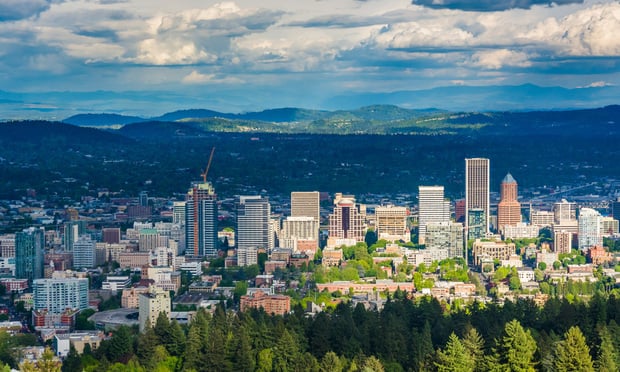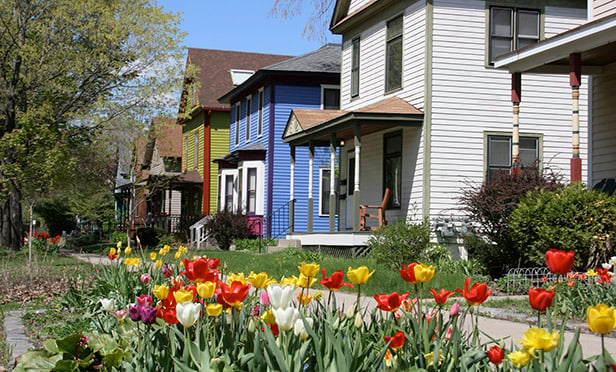 The Northeast Columbia Corridor, home to 19730 NE Sandy Blvd., has a vacancy rate of 3.6%.
The Northeast Columbia Corridor, home to 19730 NE Sandy Blvd., has a vacancy rate of 3.6%.
PORTLAND, OR—The building at 19730 NE Sandy Blvd. has been the home of Boyd's Coffee Company for 40-plus years. Dermody Properties recently purchased the 295,361-square-foot industrial and manufacturing facility from Boyd Future Associates for $18.8 million.
The building is located in the Northeast Columbia Corridor, the largest and most active industrial submarket in the metro area, with a vacancy rate of just 3.6%. A strong employment base, a wide variety of housing alternatives and access to air, rail, road and water transportation make this area particularly attractive to both corporate users and institutional investors, GlobeSt.com learns.
“The property is in the Northeast Columbia Corridor, which is Portland's premier distribution submarket,” Phillip Wood, partner, northwest region, Dermody Properties, tells GlobeSt.com. “Dermody Properties intends to complete upgrades to the building so it will be very attractive to tenants who appreciate its strategic location and the benefits it offers. It perfectly fits our company's strategy of acquiring properties that benefit from our value-add approach, especially in land-constrained markets that appeal to logistics-focused companies.”
Managing directors Buzz Ellis and Paige Morgan led the JLL capital markets team on behalf of Boyd Future Associates.
“As Portland continues to grow, there is high demand from industrial users needing to expand operations to new locations in order to serve the booming consumer base,” said Morgan. “The buyer recognized the value of this location and the rare opportunity to control a large block of functional industrial space in a tight market.”
Of the 50 largest metro economies in the country, Portland grew the 13th fastest in 2017. Portland's GDP grew to $171.7 billion with real GDP growth of 3%, making the metro the 21st largest economy in the country, according to the Bureau of Economic Analysis.
Portland's largest sector remains manufacturing, contributing 22.8% to Portland's GDP in 2017, putting Portland second in the nation in terms of manufacturing's share of total economic output out of the 50 largest metros, according to JLL Research. The retail and wholesale trade sector contributed the most to Portland's economic growth in 2017, accounting for 20% of growth, and the arts, leisure and hospitality sector grew the fastest with real GDP growth of 6%, according to the Bureau of Economic Analysis.
Want to continue reading?
Become a Free ALM Digital Reader.
Once you are an ALM Digital Member, you’ll receive:
- Breaking commercial real estate news and analysis, on-site and via our newsletters and custom alerts
- Educational webcasts, white papers, and ebooks from industry thought leaders
- Critical coverage of the property casualty insurance and financial advisory markets on our other ALM sites, PropertyCasualty360 and ThinkAdvisor
Already have an account? Sign In Now
*May exclude premium content© 2025 ALM Global, LLC, All Rights Reserved. Request academic re-use from www.copyright.com. All other uses, submit a request to [email protected]. For more information visit Asset & Logo Licensing.








